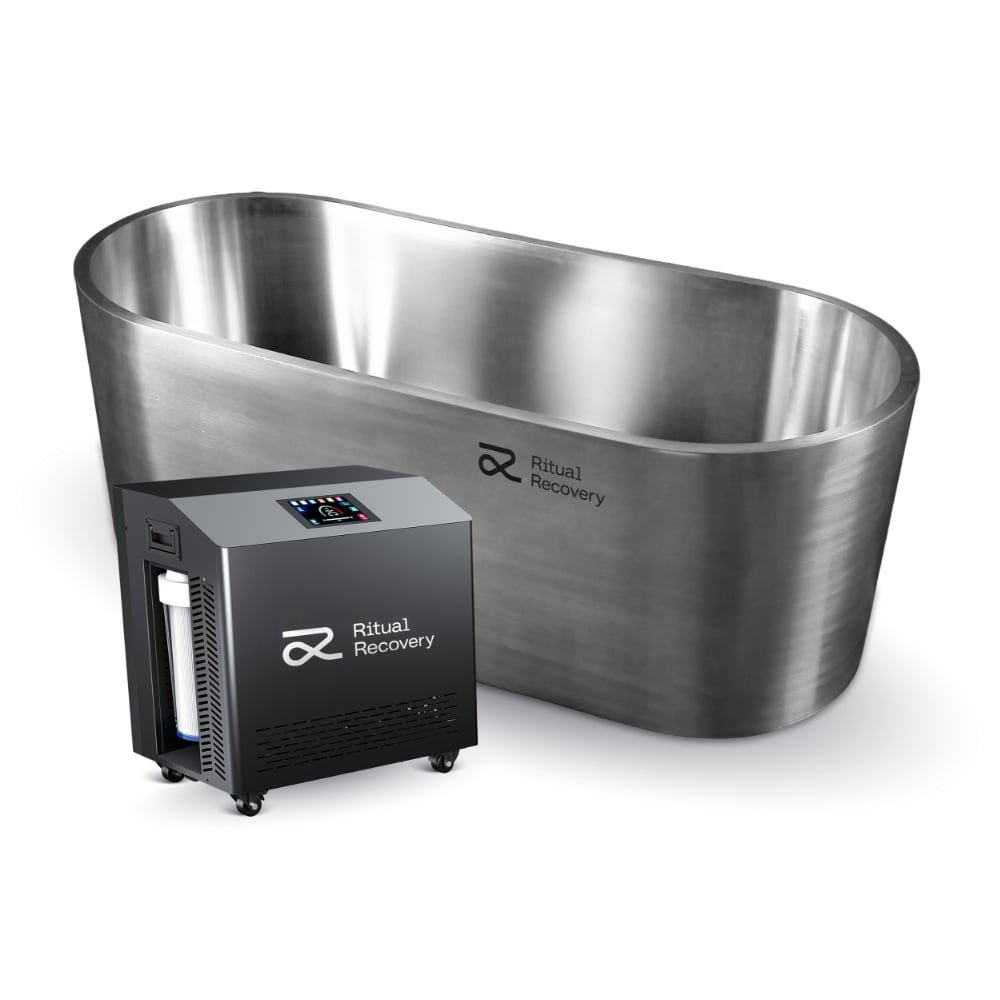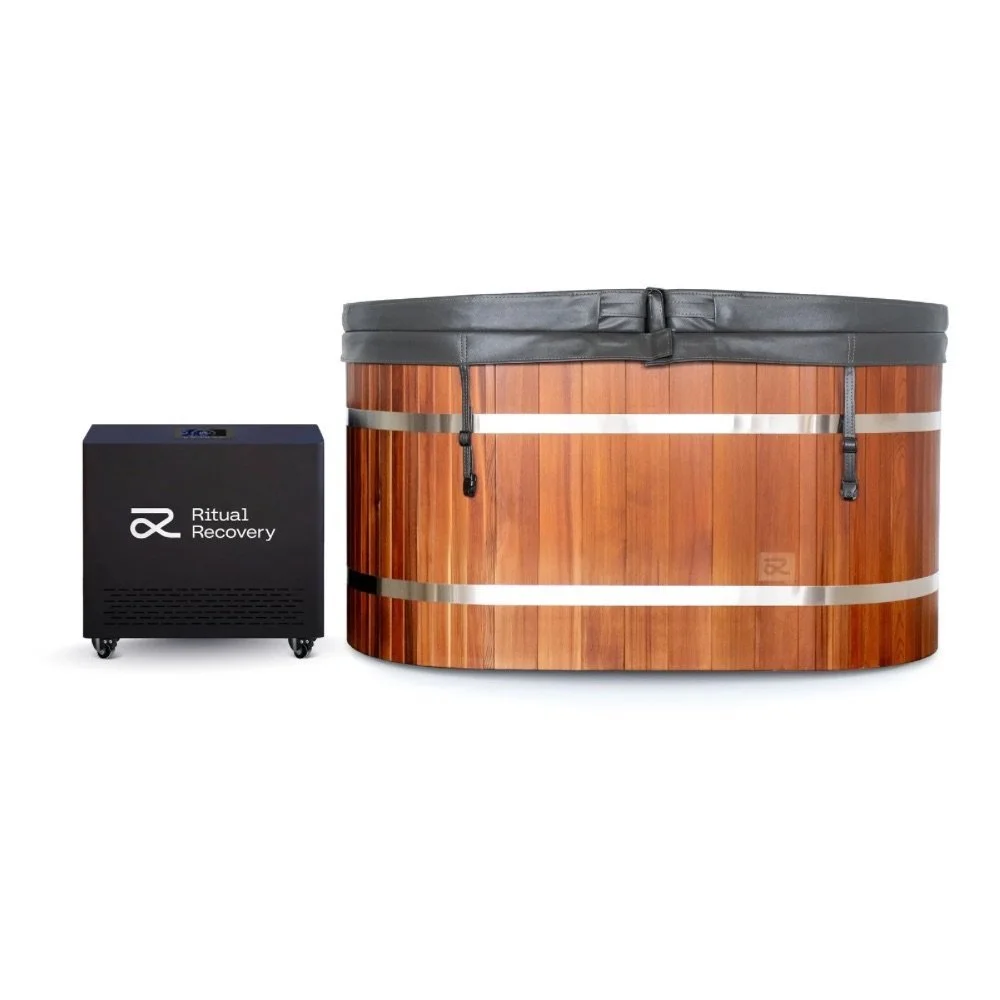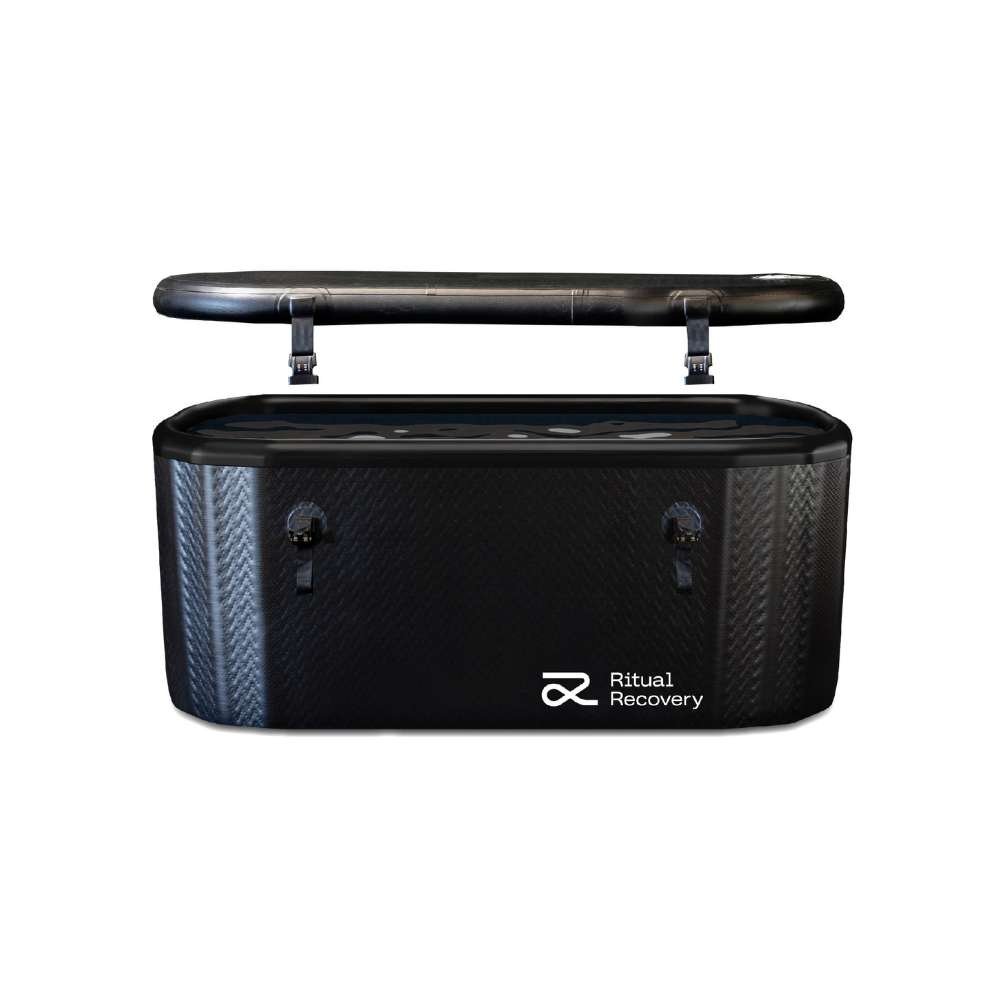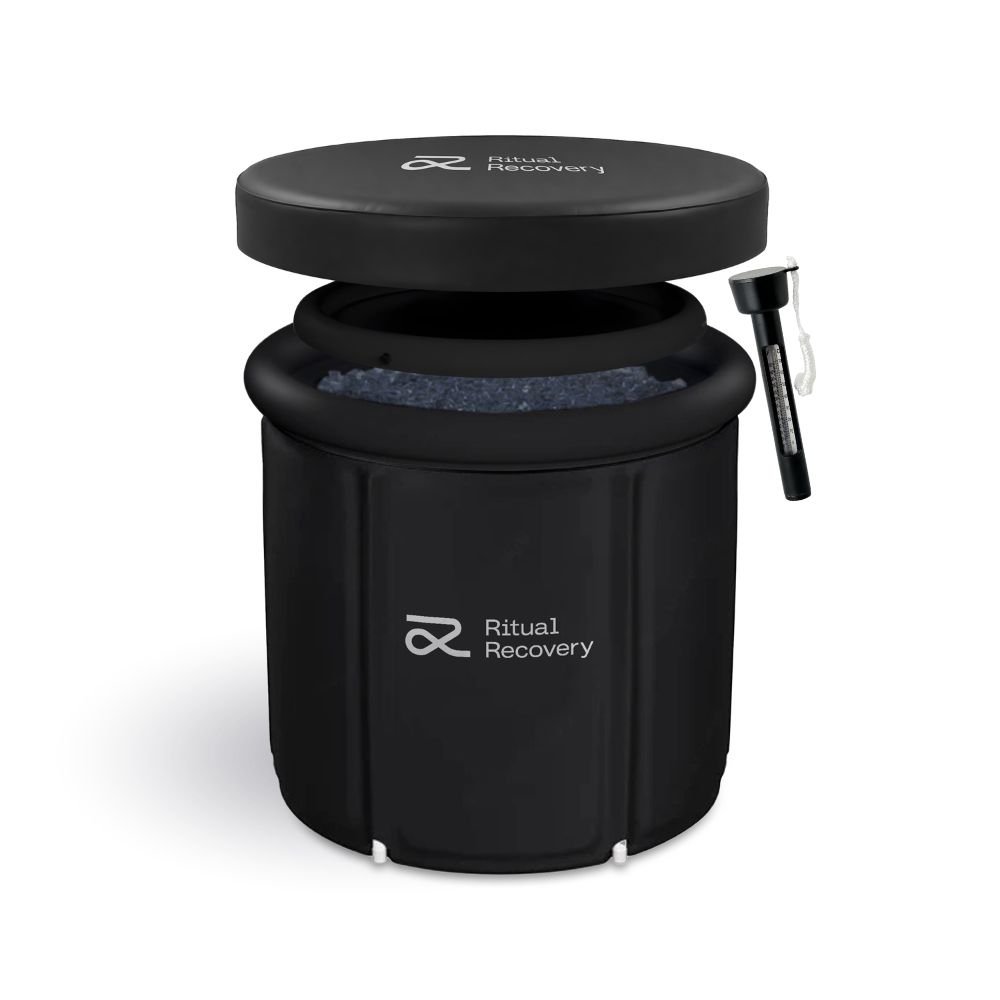Stress Isn’t the Enemy - Your Mindset Is
Your heart races, your breath shortens, your thoughts speed up—stress kicks in. Most people see it as something to avoid, but stress itself isn’t the problem. It’s how you perceive and respond to it that determines whether it fuels growth or leads to burnout.
The body thrives on stress when used correctly. Lifting heavy weights tears muscle fibres, only for them to rebuild stronger.
Cold exposure from an ice bath or heat from a sauna shocks the system, yet over time, it enhances resilience and circulation. Even mental stress—like public speaking or tight deadlines—can sharpen focus and build confidence when approached as a challenge rather than a threat.
Stress is neither good nor bad; your response makes it one or the other. The key is learning to control your reaction, harnessing stress as a tool for adaptation rather than letting it overwhelm you.
Your Body Reacts to the Story You Tell It
Your brain is a powerful storyteller. The second it senses stress, it decides: Is this a threat or a challenge?
And that decision changes everything.
Perceive stress as a threat, and your body goes into full-blown survival mode—cortisol spikes, your muscles tense, and your brain shuts down rational thought. Your body prepares to fight or run, even if the “danger” is just a tough email or an awkward conversation. Over time, repeated activation of this stress response can take a toll on the body, contributing to high blood pressure and other health issues.
See it as a challenge, and your body reacts differently. Your brain sharpens, blood flows to the right places, and instead of fear, you feel alert, powerful, and ready. Stress fuels focus. Your system fires up for peak performance—not panic.
Same stressor. Different story. Different outcome.
The Science: Stress Can Break You—Or Build You
Here’s how it plays out in your body:
🔻 Stress as a Threat
Amygdala takes over → Fear response kicks in
Cortisol and adrenaline flood your system → Chronic inflammation, fatigue, burnout
Brain locks up → Overthinking, anxiety, decision paralysis
🔺 Stress as a Challenge
Prefrontal cortex takes charge → Calm, clear thinking
Dopamine & testosterone rise → Motivation, confidence, physical readiness
Nervous system resets faster → Less wear and tear on your body
Think of it like this: stress is a weight. If you fight it, it crushes you. If you train with it, it makes you stronger.
How to Flip the Switch on Stress
You can’t always control the stressors in your life. But you can control your response. Here’s how:
🔥 1. Reframe the Fight
Instead of “I’m overwhelmed,” try: “I can handle this.”
Instead of “This is too much,” try: “This is fuel.”
Instead of “Why is this happening to me?” try: “What is this teaching me?”
🧊 2. Train Your Nervous System
Stress-resilience is a muscle. Build it with exposure:
Cold plunges – Teach your body to stay calm under pressure. Pro tip - dunk your face to activate the mammalian dive reflex.
Sauna sessions – Push your edge, expand your capacity.
Controlled breathwork – Regulate your response in real time.
💥 3. Get Physical
Move. Lift. Sweat. Your body burns off stress hormones through action, not overthinking.
Feeling stuck? Go sprint. Go lift heavy. Go jump in ice water. Move the stress out.
⚡ 4. Own the Adrenaline
Nerves before a big moment? That’s not fear—it’s energy. Your body is literally preparing for greatness. Don’t fight it. Use it.
Cold Water Therapy: The Ultimate Stress Response Trainer
Most people fear the cold. The shock. The intensity. The discomfort.
And that’s exactly why it’s one of the most powerful tools for stress adaptation.
Cold Exposure Forces a Stress Response—And Then Teaches You to Control It
The second you step into an ice bath, your primitive survival instincts kick in. Your body thinks you’re in danger. It does what it’s wired to do:
❄️ Heart rate spikes.
❄️ Breath gets rapid.
❄️ Muscles tense up.
❄️ Your brain screams, “GET OUT.”
This is your sympathetic nervous system (SNS) firing up—fight or flight in real time.
But here’s the key: you’re not actually in danger.
If you stay, if you breathe, if you shift your focus, something incredible happens.
Your body learns.
💙 Your heart rate steadies.
💙 Your breath slows.
💙 Your muscles relax.
💙 Your mind becomes still.
The cold didn’t change. You did.
And that’s the magic.
By exposing yourself to controlled stress and staying present, you rewire your nervous system. You train your body and brain to stay calm under pressure (NPR).
Why Cold Exposure Makes You More Resilient to Everyday Stress
When you train in the cold, you’re not just getting better at handling ice water. You’re getting better at handling life.
🔥 1. You Rewire Your Nervous System for Calm
The more you practice cold exposure, the faster your body learns to return to baseline.
This translates to real-life stress—your ability to recover from a fight, a deadline, or a high-pressure moment improves.
🔥 2. You Reduce Cortisol & Increase Dopamine
Cold exposure lowers baseline stress hormones while boosting dopamine, leading to more focus, motivation, and resilience, according to discussion on the Huberman Lab podcast.
🔥 3. You Build Mental Grit
It’s one thing to think you can handle stress.
It’s another thing to physically prove it—over and over again.
Every time you step into the ice, you choose discomfort, you choose challenge, you choose control. That carries into everything you do.
Stress Is a Gift—If You Let It Be
The most resilient, high-performing people in the world? They don’t avoid stress. They train with it.
They’ve mastered the art of staying calm in the chaos, powerful under pressure. And that’s exactly what we stand for at Ritual Recovery—giving you the tools, the training, and the mindset to turn stress into strength.
So next time stress hits, don’t shrink. Don’t spiral. Step into it.
This isn’t a threat. It’s your moment.
Now, go take the plunge.






